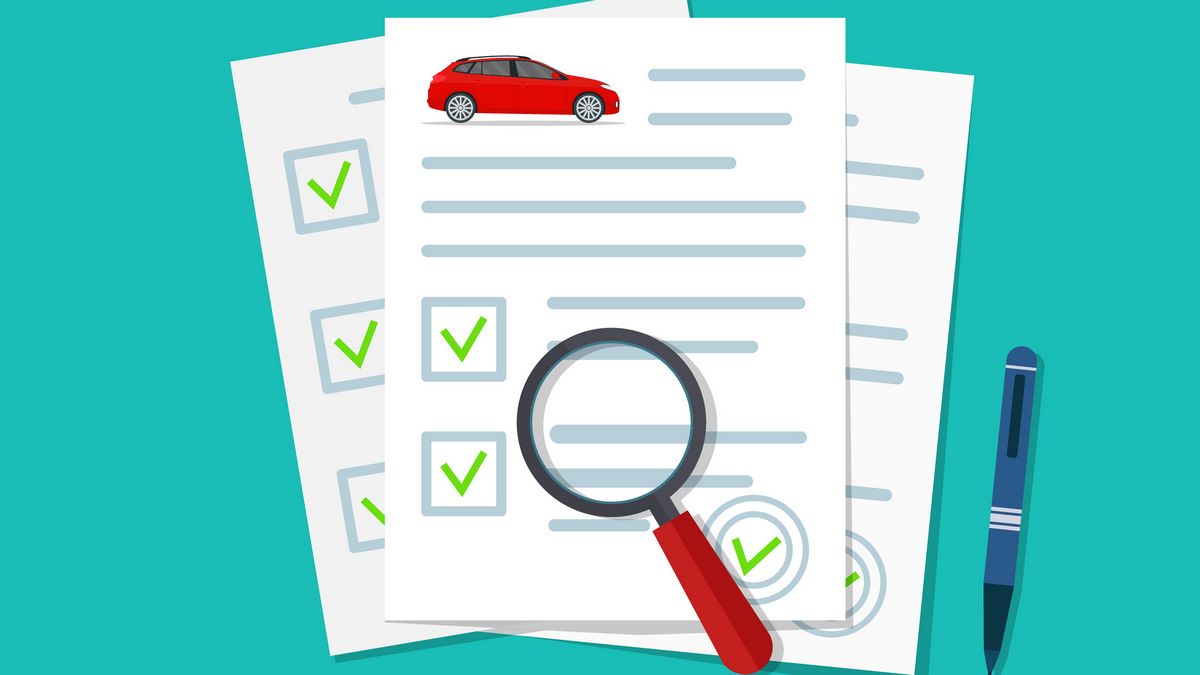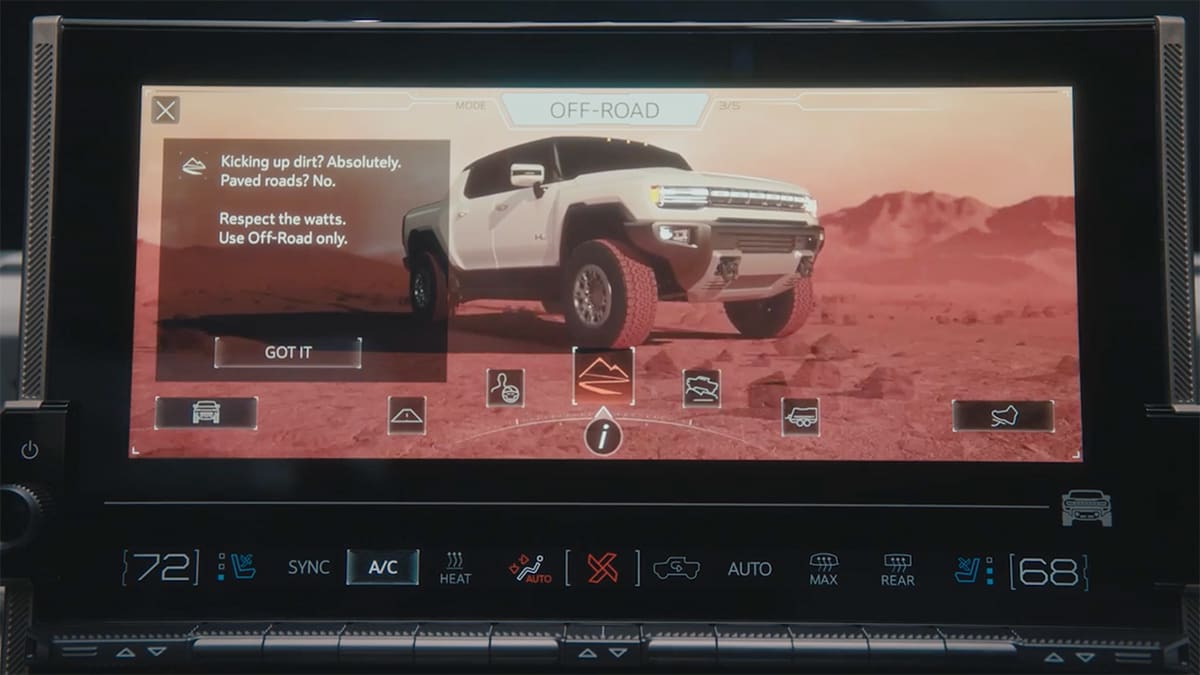Quick Facts About Free Vehicle History Reports
Carfax may not be a household name; however, it is probably familiar to anyone shopping for a used car at a dealership or from a private owner. Why? Because most of us consider buying a used car a leap of faith. We’ve all heard you can’t judge a book by its cover, but many buyers do precisely that when they drive off a dealer’s lot or pull away from a private seller’s house as the proud owner of a used car they haven’t properly vetted. Getting a vehicle history report has become part of a proper vetting process. Let’s see how and why. Use the jump links below to skip ahead.
What Is a Carfax Report?
Carfax is one of North America’s more comprehensive clearing houses for vehicle histories. Relying on more than 139,000 individual sources, it gathers and collates data harvested from various government agencies, repair facilities, auto auctions, insurance companies, etc. The result is over 32 billion records from which Carfax builds a unique cradle-to-the-present history for every motor vehicle via its VIN.
PRO TIP: You can find a vehicle’s 17-character VIN etched into a metal strip on the driver’s side of the dashboard, where it meets the base of the windshield. That’s one of several places on your car you can find this number.
What’s In a Carfax VIN Report?
A Carfax report is a detailed resume, itemizing every event in a vehicle’s history, beginning with its original purchase as new.
Because Carfax can only include the data in its sources report, it’s possible that not every piece of negative information about a specific vehicle will appear. Still, we have enough confidence in the reliability of Carfax reports to advise consumers to obtain a history report from Carfax or a similar reporting agency like Experian’s AutoCheck when considering a used car purchase.
The Types of Details in a Vehicle History Report
- Vehicle overview — This is information identifying and describing a vehicle. It includes the VIN, model year, make, model name, trim level, body style, and the basics of a vehicle’s engine and drivetrain.
- Vehicle registration history — A vehicle registration ties a vehicle to a specific owner and the state where that owner resides. If multiple people owned the car as it changed hands over the years, each owner will be highlighted in the report along with a state of residence and length of ownership.
- Title history — This section reflects any change in a vehicle’s title status due to catastrophic damage from flood, hail, fire, etc. If a car has been junked, rebuilt, or declared a “lemon,” it will alter the title status and reflect in the Carfax report. This section of the report also certifies the odometer reading with each owner change is accurate.
- Event history — Like the title history that follows a vehicle through the years, recording changes in a vehicle’s title status, the event history itemizes specific accident and damage events. Here, you can learn if the car has had an airbag deployment, suffered damage in an accident, been subject to a manufacturer recall, and so on.
- Detailed history — This section provides a comprehensive list, description, date, and odometer reading of virtually every significant event in a vehicle’s life. This includes inspections, scheduled maintenance, accidents, liens, emissions tests, and, in some cases, even detailing. When the report contains a car accident, the notation often includes a scale indicating the location and severity of the damage.
PRO TIP: Although a vehicle history report is invaluable to a consumer considering a particular used car, truck, or SUV, it should be only one step in a buyer’s pre-purchase information gathering. Other steps include an inspection performed by a certified mechanic and a test drive.
Is a Carfax Report Free?
Many used car dealers and national online sales listing sites like Kelley Blue Book and its sister company, Autotrader, offer free Carfax vehicle history reports for every used vehicle offered for sale. Free vehicle history reports are so common that, except for a car for sale by a private seller, you should have access to a free history report from Carfax or a similar service like AutoCheck as part of the shopping process. If you are considering purchasing a vehicle from a used car dealer that doesn’t advertise free vehicle history reports, ask for one. The worst that could happen is the dealer declines, in which case you can either move on to another dealer or order a vehicle history report on your own.
PRO TIP: If the dealer refuses to provide a free vehicle history report, we would move on to another vehicle offered by a source providing free reports before we shoulder the cost of ordering a report ourselves.
How To Get a Free Carfax Report
Generally, you can obtain a free Carfax report in the following ways:
- Online car sales — Autotrader and other national online car sales sites list cars from commercial sellers that provide free Carfax vehicle history reports for nearly every vehicle offered for sale. For example, on the Autotrader site, look for the Carfax icon at the bottom of the used car listing. Clicking on that icon brings up the report.
- Used car dealers — Not every used car dealer provides vehicle history reports. Many of those that do offer one advertise that fact. If you confine your car shopping to those dealers, access to a Carfax or similar report will be part of the shopping process.
- Private sellers — Some private sellers offer a free Carfax report, while others don’t. You can always ask for one or pay if the seller doesn’t volunteer. A seller’s reluctance to provide a free report could be because the report isn’t free to the seller (read more on costs below). However, not providing a report could indicate an issue with the vehicle a history report would reveal.
PRO TIP: If a private seller won’t provide a free history report and you don’t want to spend the money to order one, walk away.
How Much Does a Carfax Report Cost?
If you order a Carfax vehicle history report yourself, the current cost per report is about $45. By comparison, AutoCheck costs $25. We think it’s a bargain compared to the potential price tag of repairing undisclosed damage, the loss of value caused by a turned-back odometer, or some other shenanigan committed by a fraudulent seller. However, multiplying the cost for a shopper considering several used cars can add up quickly.
Therefore, purchasing a multi-report package can significantly reduce the per-report cost. For example, Carfax offers a 3-report package for about $65 ($21.66 per report) and a 5-report package for $100 ($20 per report).
What Are the Benefits of a Carfax VIN Report?
When buying a used car, you want to maximize your value (bang for your buck) and minimize costly surprises. A Carfax report addresses both of these primary goals. A well-maintained vehicle that’s accident-free with lower mileage is worth more than a similar vehicle with a spotty maintenance record, collision damage, or higher-than-average mileage. That’s a fact. With that in mind, here are the benefits of a Carfax report.
- Accurate odometer readings — Because Carfax monitors a vehicle’s odometer readings throughout its life, reported mileage numbers are typically accurate.
- Collision damage — Not only does a Carfax report include collision events, but it also identifies the location and rates the severity of the damage.
- Manufacturer recalls — Recalls by carmakers to correct manufacturing issues are pretty common. A Carfax report includes a vehicle’s recall history and whether the required repairs were made.
- Maintenance records — Keeping up with a vehicle’s scheduled maintenance is one sign the owner cared. Moreover, a long list of mechanical repairs may point to more issues and ownership costs in the future.
- Warranty expiration — Different carmakers provide limited factory warranties of varying lengths. A Carfax report includes the warranty status: active or expired.
- Registration and title status — With a Carfax report, you know the number of owners a vehicle has had and in which state each lived. The report will also show when and where a car was registered and any inspections passed or failed. It also includes changes in title status due to damage, being junked, rebuilt, etc.
What Are the Alternatives to Carfax?
Although Carfax is a big name in vehicle history reports, it isn’t the only one serving up car data. Several other companies are gathering data and offering VIN-based histories, like Experian’s AutoCheck and others. When ordering a history report yourself, you might consider a more affordable Carfax rival. Not all of them are as comprehensive as Carfax, and their pricing may be on a graduated scale determined by the information you request. Here are a few of the other online services providing vehicle history reports.
- Experian’s AutoCheck.com $25
- VehicleHistory.com Free
- VINsmart.com $10
- AutoFax.org $15
AutoCheck vs. Carfax
Because of the wealth of vehicle history information Experian’s AutoCheck provides, the company’s reports are often compared to Carfax. Moreover, we consider it a worthy Carfax alternative. Although both produce dependable vehicle history reports that can be accessed using a vehicle’s VIN, three primary differences separate Carfax and AutoCheck.
- Cost — A single AutoCheck report costs $20 less than a Carfax report ($25 versus $45).
- Maintenance records — Carfax provides more detailed information, especially in maintenance and repair records.
- AutoCheck Score — Using a proprietary formula, AutoCheck creates a one-to-100 score for every vehicle based on its history to forecast future problems. The lower the score, the more likely that a specific vehicle will have unforeseen issues. For example, an 85 AutoCheck Score indicates better future reliability than a score of 25.
Tips for Reading Your Carfax Report
Here are the critical areas in a Carfax report to which you should pay particularly close attention:
Odometer readings — An unscrupulous seller can ask a higher selling price for a car by rolling back the odometer to show fewer driven miles. Ensure that the Carfax report certifies the odometer readings.
Collision history — Does the Carfax report indicate the car has been in any accidents, and how severe was the damage? Did an insurer ever total the vehicle?
Damage — There are certain types of car titles you should avoid. These are titles issued to a vehicle with some chronic issue due to a natural disaster, accident, or carmaker error. Such titles include Flood and Water Damage, Junk, Lemon, Odometer Rollback, Rebuilt, Reconstructed, Salvage, and Certificate of Destruction.
Clear title — A title lien is a claim on the vehicle as collateral for an unpaid debt. For example, when a buyer finances the purchase of a car, the lender (bank, credit union, and so on) attaches a lien to the title until the loan balance is paid in full. Any liens listed on the title before your purchase should be cleared.
Ownership history — How many people have owned the vehicle? The greater the number of owners, the more challenging it becomes to track maintenance and upkeep records. Furthermore, owners have different driving styles, potentially subjecting a vehicle to extra wear and tear.





